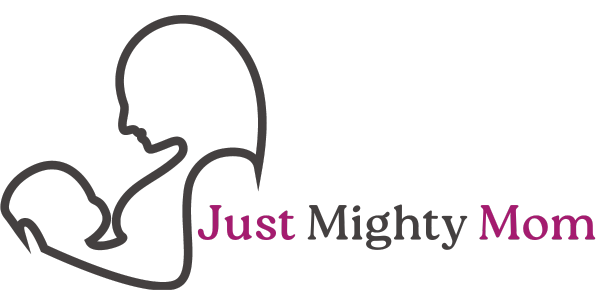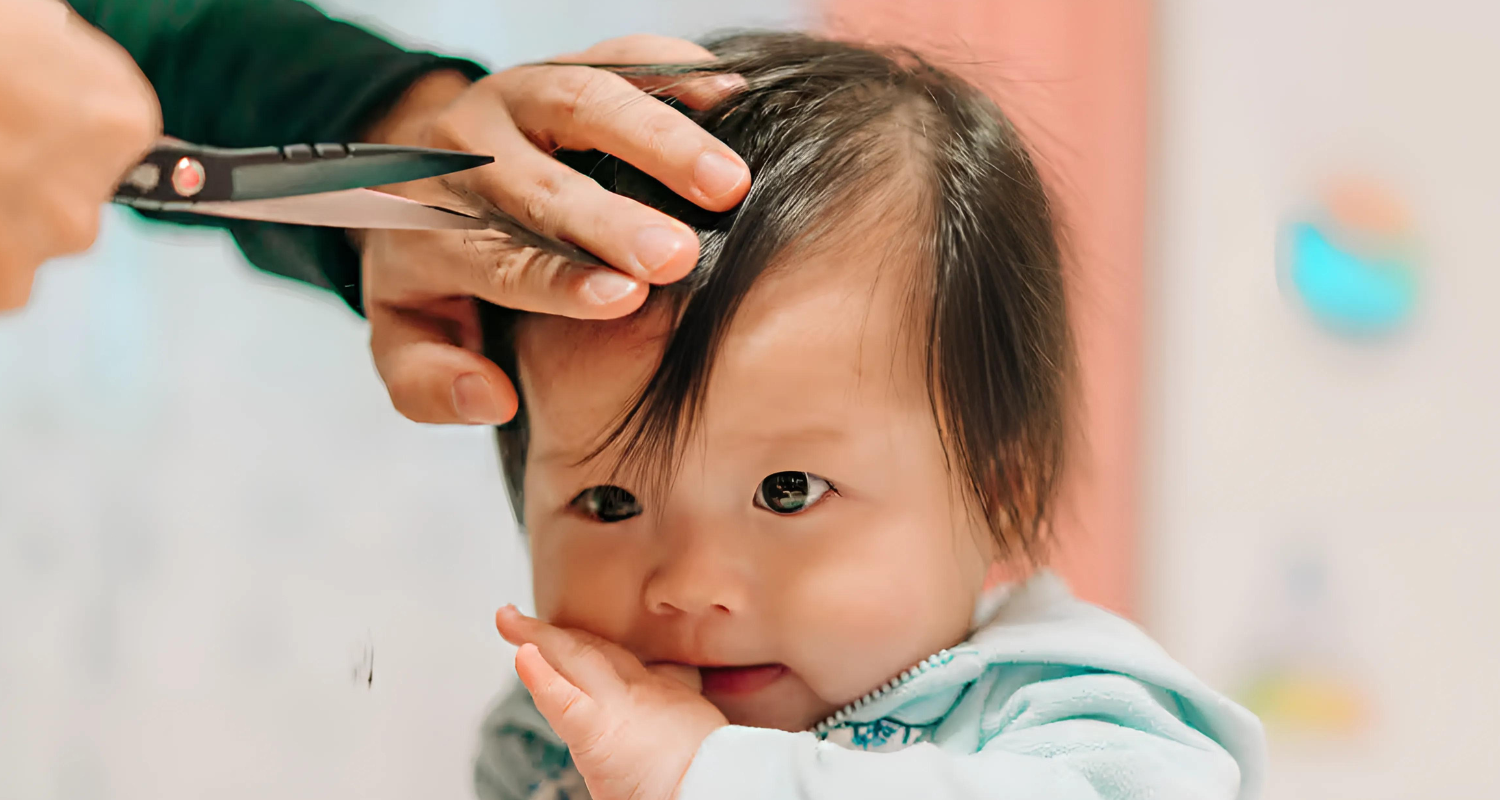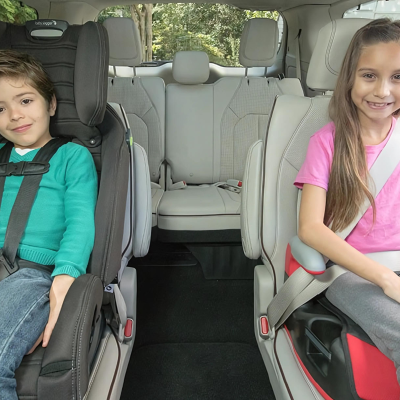Your baby’s first haircut is a significant milestone, marking a moment of growth and change in your little one’s life. While it’s an exciting event, it can also bring about a mix of emotions—excitement, anxiety, and even a touch of nostalgia as your baby takes another step towards growing up. This comprehensive guide will help you navigate the experience with confidence, providing insights on when to schedule that first trim, how to prepare your baby, and tips for making the process smooth and memorable.
Understanding When to Schedule Your Baby’s First Haircut
1. Timing the First Haircut
The timing of your baby’s first haircut depends on several factors, including the thickness, length, and overall growth rate of your baby’s hair. There’s no universal “right” time, and each child’s hair grows at its own pace.
a. Hair Growth Patterns
Hair Thickness and Length: Some babies are born with a full head of hair, while others may have very little. Typically, by the age of 6 to 12 months, you’ll start noticing whether your baby’s hair needs a trim. For some, it might be sooner, especially if the hair starts getting into their eyes or tangling easily.
Cultural and Personal Beliefs: In many cultures, there are specific traditions or beliefs associated with a baby’s first haircut. Some parents may choose to wait until a specific age, such as the first birthday, while others may follow religious or cultural practices that dictate when the haircut should occur.
b. Signs Your Baby is Ready for a Haircut
Hair Getting in the Eyes: If your baby’s hair is long enough to obstruct their vision or cause discomfort, it’s a sign that a trim might be necessary.
Frequent Tangles: Hair that tangles easily can be uncomfortable for your baby, leading to frustration during brushing.
General Untidiness: When your baby’s hair starts looking unkempt, with uneven growth or frizz, a haircut can help manage its appearance and health.
2. Consulting with a Pediatrician or Hairdresser
Before scheduling your baby’s first haircut, it might be helpful to consult with your pediatrician or a professional hairdresser who specializes in children’s hair. They can provide guidance based on your baby’s specific hair type and overall health.
a. Pediatrician’s Advice
Your pediatrician can offer insights into any specific concerns you might have about your baby’s scalp or hair growth. For example, if your baby has a sensitive scalp or a skin condition, your pediatrician might suggest waiting until these issues are resolved before the first haircut.
b. Professional Hairdresser’s Opinion
A hairdresser experienced in cutting children’s hair can assess whether your baby is ready for a haircut and suggest styles that would be most manageable. They can also provide tips on how to prepare your baby for the experience.
Preparing for the Big Day
1. Choosing the Right Salon or Barber
Selecting the right salon or barber for your baby’s first haircut is crucial for ensuring a positive experience. Look for a place that has experience with children and a welcoming environment.
a. Child-Friendly Salons
Many salons specialize in children’s haircuts and offer a fun, engaging atmosphere with toys, cartoons, and chairs shaped like animals or cars. These distractions can help ease any anxiety your baby might feel.
b. Experienced Hairdressers
Make sure the hairdresser you choose is experienced in working with young children. They should be patient, gentle, and skilled at making the haircut as quick and stress-free as possible.
2. Preparing Your Baby for the Haircut
Preparation is key to making the experience pleasant for your baby. A few steps can help your baby feel more comfortable and reduce the likelihood of tears or resistance.
a. Familiarization with the Process
Show Videos or Books: There are many children’s books and videos available that depict other children getting their hair cut. Watching these with your baby can help them understand what to expect and see that it’s a normal, non-threatening activity.
Practice at Home: Gently combing or brushing your baby’s hair at home can get them used to the sensation of someone working with their hair. You can also play pretend hairdresser games to familiarize them with the tools, such as combs and spray bottles.
b. Timing the Haircut
Pick the Right Time of Day: Schedule the haircut for a time when your baby is typically well-rested and fed, such as after a nap or meal. A tired or hungry baby is more likely to be irritable and uncooperative.
Bring Comfort Items: Bringing along a favorite toy, blanket, or pacifier can provide comfort and distraction during the haircut.
3. Communicating with the Hairdresser
Clear communication with the hairdresser is essential to ensure the haircut goes smoothly and meets your expectations.
a. Discuss Your Baby’s Needs
Sensitive Areas: Let the hairdresser know if your baby has any sensitive spots on their scalp or if they are prone to certain reactions.
Preferred Style: While the first haircut is usually a simple trim, discuss your preferences for length and style. The hairdresser can offer suggestions based on your baby’s hair type and growth patterns.
b. Be Prepared for Movement
Babies are naturally curious and may not sit still during the haircut. Discuss with the hairdresser how to handle any wiggling or resistance. Some hairdressers may use a special harness or have a parent hold the baby to keep them steady.
During the Haircut: Tips for a Smooth Experience
1. Creating a Positive Atmosphere
A positive, calm atmosphere can go a long way in helping your baby feel at ease during their first haircut.
a. Stay Calm and Reassuring
Your baby will pick up on your emotions, so it’s important to remain calm and reassuring. Smile, speak softly, and offer words of encouragement throughout the process.
b. Distraction Techniques
Engage your baby with songs, toys, or even a small snack during the haircut. Some salons have screens playing cartoons, which can be a great way to keep your baby’s attention focused.
2. Handling Common Challenges
Despite your best efforts, there may still be some challenges during the haircut. Being prepared for these can help you manage the situation effectively.
a. Dealing with Tears or Resistance
If your baby becomes upset or resistant, take a break if possible. Sometimes, a brief pause can help calm your baby down. The hairdresser may also have strategies for handling such situations, such as cutting hair in sections or using distraction techniques.
b. Managing Movement
If your baby is particularly wiggly, the hairdresser might suggest having you hold your baby in your lap while they work. This can help keep your baby still and provide a sense of security.
3. Celebrating the Moment
Your baby’s first haircut is a milestone worth celebrating. Capture the moment with photos and keep a lock of hair as a memento.
a. Taking Photos
Bring a camera or smartphone to capture before, during, and after photos of the haircut. These pictures will serve as cherished memories of this special day.
b. Saving a Lock of Hair
Many parents choose to keep a small lock of hair from the first haircut as a keepsake. Some salons even offer special certificates or memory envelopes for this purpose.
After the Haircut: Care and Maintenance
1. Post-Haircut Care
After the haircut, it’s important to care for your baby’s scalp and hair to keep it healthy and looking good.
a. Gentle Hair Care Products
Use mild, baby-specific shampoos and conditioners to keep your baby’s hair clean and soft. Avoid products with harsh chemicals that could irritate their delicate scalp.
b. Regular Brushing
Gently brush your baby’s hair daily to prevent tangles and keep it looking neat. A soft-bristle baby brush is ideal for this purpose.
2. Establishing a Haircut Routine
As your baby’s hair continues to grow, regular haircuts will become a part of their routine. Establishing a schedule that works for you and your baby will make future haircuts easier.
a. Determining Frequency
How often your baby needs a haircut will depend on how quickly their hair grows. Generally, a trim every 6 to 12 weeks is sufficient to keep their hair looking tidy.
b. Continuing Positive Associations
Continue to make haircuts a positive experience by sticking with the same hairdresser and salon whenever possible. Familiarity with the environment and the routine will help your baby feel more comfortable over time.
3. Dealing with Haircut Anxiety
Some children develop anxiety about haircuts as they grow older, often due to a previous negative experience or a general fear of the unknown. If your child becomes anxious about haircuts, there are strategies you can use to help them overcome this fear.
a. Addressing Fears
Talk to your child about their fears and try to understand what specifically makes them anxious. Sometimes, explaining the process in simple, reassuring terms can help alleviate their concerns.
b. Positive Reinforcement
Use positive reinforcement, such as praise or a small reward, to encourage cooperation during the haircut. For some children, knowing they’ll receive a sticker or a treat afterward can be a powerful motivator.
Conclusion: Making the First Haircut a Cherished Memory
Your baby’s first haircut is more than just a routine grooming task; it’s a special milestone that marks their growth and development. With careful planning and a focus on creating a positive experience, you can ensure that this event is both memorable and enjoyable for you and
your baby.
Remember, every child is different, and there’s no one-size-fits-all approach to the first haircut. Whether you choose to trim your baby’s hair at home or visit a professional salon, the key is to approach the experience with patience, understanding, and a sense of celebration. By doing so, you’ll not only help your baby feel comfortable and secure, but you’ll also create lasting memories of this important step in their journey through childhood.




